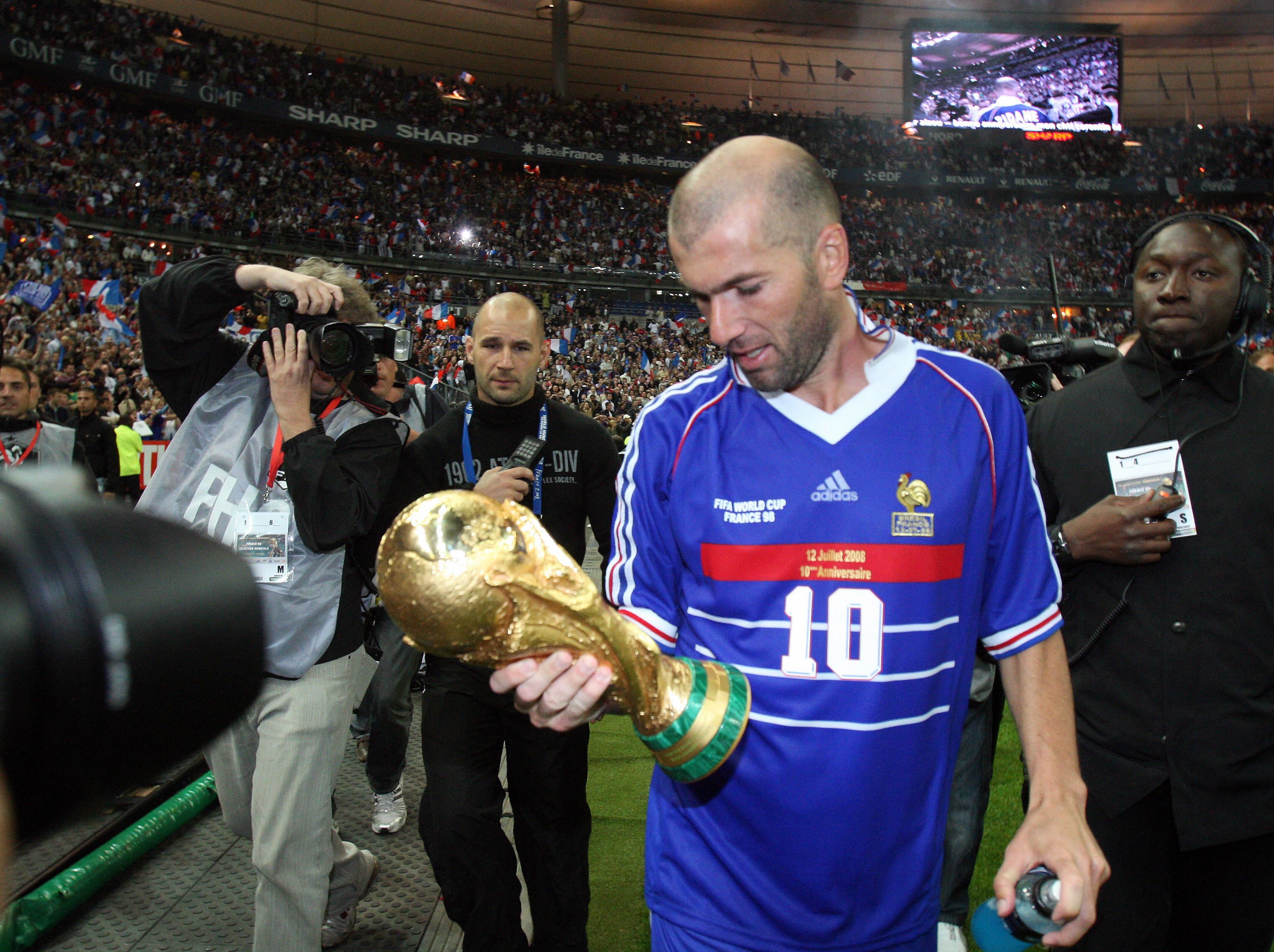Man, I have been thinking about this specific match for weeks now. It wasn’t just some casual reflection, it turned into a proper project. You know how sometimes you just get obsessed with proving a simple point? That was me, diving headfirst into the 1998 World Cup Final between France and Brazil.

The whole thing kicked off because I was arguing with this younger dude at the gym. He was going on about how modern football is superior and how the ’98 France team was basically just lucky, carried by the atmosphere, and that Brazil choked because of the whole Ronaldo drama. I kept telling him that’s a superficial take; you don’t beat that Brazil team 3-0 in a final just by sheer luck. You win because your game plan is flawless and your mental toughness is elite. He wouldn’t budge. So I said, screw it, I’m going to re-watch the whole damn thing, minute by agonizing minute, and document exactly why they won.
My Practice: Hunting Down the Truth
My first step, which honestly took way too long, was finding the clean, raw footage. Not the heavily edited highlight reels or the 10-minute YouTube summaries. I needed the full, uninterrupted 90-minute broadcast, ideally the French feed, because they usually stick closer to the action and worry less about commercial breaks. I spent maybe six hours clicking through old soccer forums—the kind where the layout looks like it hasn’t been updated since 2003. Finally, I managed to pull down a couple of huge files. One was grainy, the other was pristine but needed some audio syncing work. I chose the pristine one.
The Prep Work: Setting Up the Analysis Grid
I set myself up with a spreadsheet—I know, nerdy, but you need structure for this. My columns were simple:
- Time Stamp
- Key Action/Mistake (France)
- Key Action/Mistake (Brazil)
- Zidane Movement (Crucial!)
- Set Piece Outcome
I committed to watching the match three separate times, fully focused, with specific objectives for each viewing session.

The First Pass: Flow and Context
The first watch was just to remind myself of the rhythm. And man, what instantly jumped out was the pace. It felt slower than modern football, but the midfield pressure from France was relentless. Karembeu and Deschamps were absolute workhorses. What I immediately noted was how disjointed Brazil was. Forget the Ronaldo saga for a minute—their transition defense was a mess. They kept trying to use individual flair to break the French lines, and it just resulted in turnovers right in the middle of the park.
The Second Pass: Focusing on the Defense and Midfield Battle
This is where the real tactical success became obvious. I paused, rewound, and reviewed every major defensive stop. Brazil kept trying to play long diagonals to Leonardo or Bebeto, but Lilian Thuram and Marcel Desailly were rocks. They didn’t dive into tackles; they waited, positioned perfectly, and cleared everything. Desailly’s red card later on, while frustrating, showed how committed he was to neutralizing risks. But the true unsung hero? Emmanuel Petit. Dude was everywhere. He acted as the shield when Deschamps pushed up. Brazil had zero space to operate in zone 14 (the danger area right outside the box). They were forced wide constantly.
The Third Pass: Zizou and Set Pieces – The Deciding Factor

The final viewing was solely about tracking Zidane. Before the goals, he wasn’t dominating play, but he was always positioning himself where he could receive the ball under less pressure. He was the connector, the valve. But what won the game wasn’t his passing; it was the execution of corners. I tracked the first goal:
- Time Stamp: 27:30. Djorkaeff takes the corner.
- Action: The ball is whipped high and fast, clearing the initial crowd.
- Brazil Mistake: Leonardo gets caught flat-footed. No one is properly marking Zizou at the back post.
- Zidane Movement: Perfect timing. He moves away, then explodes back in toward the ball. Boom. 1-0.
It wasn’t a fluke. It was practiced. Then I tracked the second goal (45:54). Same situation, different side. Another corner from Djorkaeff. Brazil’s marking collapses again. Zizou finds the gap, uses his strength, and powers it in. 2-0.
The Conclusion of the Practice: How They Won
So, after hours of scrubbing footage, pausing, and writing down notes, my conclusion was clear and simple. France didn’t win because of luck, or just because Brazil was having an off night (though they definitely were off). France won because they executed two critical strategies perfectly:
1. Tactical Suffocation: They completely shut down the central corridor. They didn’t chase the ball; they controlled the space. Every time Brazil tried to play a quick combination, a French body was already there. Desailly and Thuram were impenetrable.
2. Exploiting the Weak Link (Set Pieces): They identified that Brazil was weak defending high crosses and corners—maybe due to the chaos surrounding the squad, maybe just poor coaching in that area. They didn’t score from open play; they scored on two identical, expertly delivered set pieces. Zidane wasn’t just good at free kicks; he was physically strong enough to beat the Brazilians in the air when it mattered most.

The 3-0 scoreline, wrapped up by Petit’s late run, wasn’t a blowout caused by a failing opponent. It was a masterpiece of controlled aggression, relentless defending, and perfect utilization of high-percentage scoring chances. That ’98 French squad was a machine, designed to win a tournament, not just to play pretty football. That’s the difference between great teams and historic teams.
I sent the gym dude my detailed spreadsheet. He didn’t reply. Mission accomplished.
